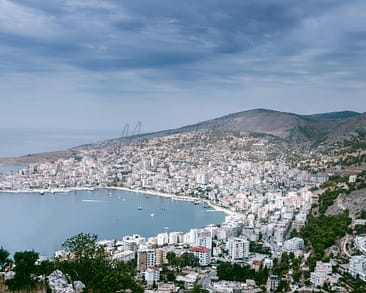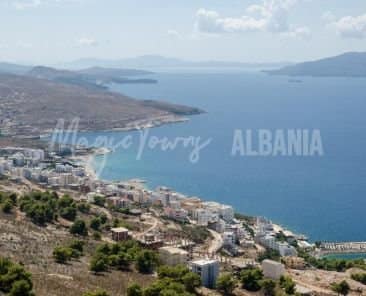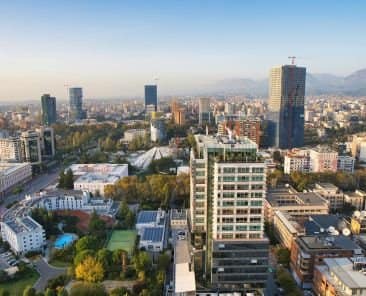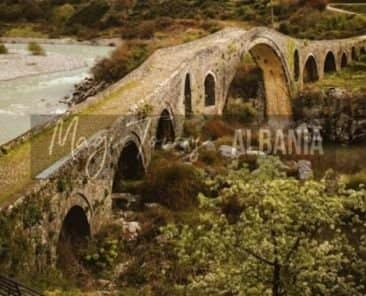Comme la plupart des autres pays du monde, l'Albanie a elle aussi sa propre fête nationale, qu'elle chérit et célèbre chaque année au mois de novembre. Cette occasion spéciale est marquée par le drapeau rouge et noir déployé partout, ainsi que par des feux d'artifice, des défilés et des événements culturels qui rassemblent les gens.
Vous voulez en savoir plus ? Poursuivez votre lecture pour en savoir plus sur l'un des jours les plus importants de l'année pour les Albanais.
Quelle est la date de la fête de l'indépendance de l'Albanie ?
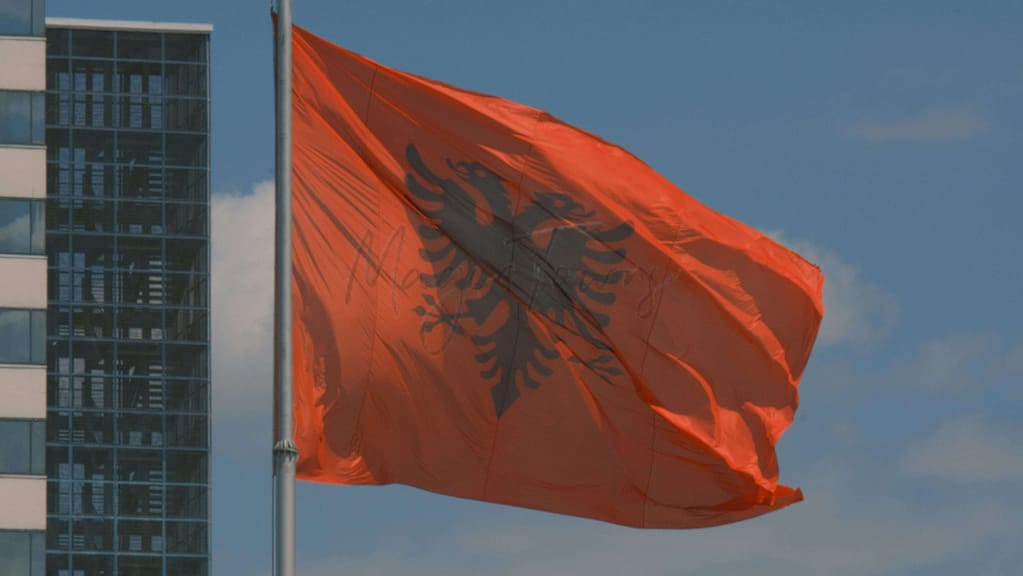
Le jour de l'indépendance de l'Albanie est célébré le 28 novembre. Il s'agit d'une tradition centenaire pour les Albanais, qui est commémorée chaque année à la suite de la libération du pays des Ottomans en novembre 1912, le même jour.
La fête de l'indépendance de l'Albanie coïncide avec deux autres événements historiques pour cette nation des Balkans : la fête du drapeau et la fête de Skanderbeg.
La journée du drapeau et la journée de Skanderbeg rendent les choses encore plus spéciales
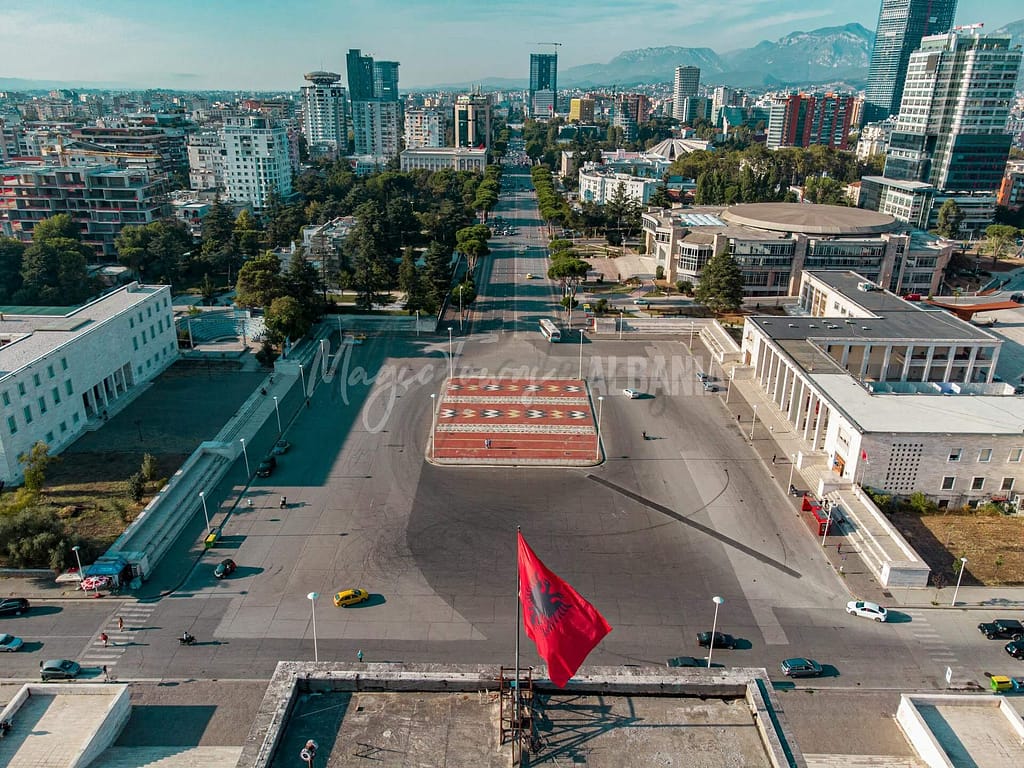
Le 28 novembre, l'Albanie changera radicalement de visage, car il ne s'agit pas seulement de la fête de l'indépendance, mais aussi d'une occasion de profiter d'autres événements. L'un d'entre eux est Jour du drapeauLes Albanais arborent fièrement leurs drapeaux rouge et noir partout, sur les places, dans les maisons, dans les véhicules et partout où ils le peuvent. Il s'agit d'une célébration profondément symbolique et sincère.
Le drapeau représentant un aigle bicéphale de couleur noire est plus qu'un simple logo, c'est un symbole d'endurance, de résistance et de triomphe sur les épreuves. En corrélation avec le Jour du drapeau, le Journée de SkanderbegIl porte le nom de la légende albanaise Gjergj Kastrioti, "Skanderbeg", reconnue dans le pays pour avoir repoussé les Ottomans et s'être lancée dans un mouvement de résistance qui allait permettre aux Albanais d'obtenir l'indépendance qui leur est due.
Les célébrations du jour de l'indépendance de l'Albanie
Lorsqu'il s'agit de célébrer la fête de l'indépendance, les Albanais ne lésinent pas sur les moyens. C'est un jour d'unité, de fierté et de patriotisme, où des foules massives se rassemblent pour honorer la liberté de leur pays. Les rues s'animent et les gens expriment ouvertement leur amour pour l'Albanie, ce qui fait de cette fête une occasion unique, où que l'on se trouve dans le monde.
Voici un aperçu de ce que peuvent être les parades albanaises, telles qu'elles ont été enregistrées l'année dernière par un utilisateur de la ville de New York.
Le défilé de la fête de l'indépendance albanaise est souvent accompagné de danses issues du folklore albanais. C'est une autre façon pour la nation balkanique de profiter au maximum de l'occasion tout en s'assurant que le divertissement ne s'arrête pas du tout le 28 novembre.
Une brève histoire de l'Albanie et son importance
Pour comprendre pourquoi la fête de l'indépendance de l'Albanie est si importante pour les Albanais, il faut se méfier des événements qui l'ont précédée. Pour faire simple, le chemin de l'Albanie vers la liberté a été semé d'embûches et les choses n'ont pas commencé à s'améliorer jusqu'à des siècles plus tard. On peut supposer que pendant tout ce temps, l'Albanie et son peuple ont dû souffrir, faire des compromis à de multiples niveaux et consentir des sacrifices que nous ne pouvons pas vraiment comprendre aujourd'hui.
Vous vous souvenez de la journée Skanderbeg dont j'ai parlé précédemment ? C'était au XVe siècle, ce qui signifie que les Albanais avaient encore environ 400 ans à vivre avant de pouvoir enfin revendiquer leur pays. On peut imaginer le temps que les ancêtres albanais ont dû passer pour que les générations suivantes soient libérées des Ottomans.
Un système féodal strict, la suppression de la culture, la discrimination en matière d'administration et d'éducation, une autonomie médiocre et des pressions liées à la religion sont quelques-uns des défis les plus importants que les Albanais ont dû relever sous la domination ottomane. Compte tenu de tout cela, le jour de l'indépendance de l'Albanie revêt une signification très importante.
Si vous vous rendez dans le pays à cette période, vous constaterez que l'atmosphère change dans toutes les villes, car la nation s'épanche le 28 novembre.
Changements majeurs en Albanie après son indépendance
La fête de l'indépendance albanaise est également un moment d'introspection, étant donné que la nation a évolué de manière significative au cours du siècle dernier après avoir été un pays sans contraintes. Cependant, il a fallu beaucoup de sang, de sueur et de larmes pour reconstruire l'Albanie après sa transition vers la souveraineté, après avoir échappé à l'emprise de l'Empire ottoman. Voici un bref aperçu de quelques-uns des changements massifs qu'a connus l'Albanie entre 1912 et le XXIe siècle.
L'Albanie est un nation laïque sans lien avec une religion fixe. Bien que les musulmans représentent la majeure partie de la population du pays, les choses ne sont plus ce qu'elles étaient à cet égard. La création du Royaume d'Albanie à la fin des années 1920 par Ahmet Zogu allait changer le point de vue religieux du pays pour l'avenir.
De même, l'Albanie bénéficie aujourd'hui d'une système de gouvernement centraliséqui remonte au règne d'Ahmet Zogu et d'Enver Hoxha.
Vous pourriez aussi aimer
10 faits intéressants que vous ignoriez sur l'Albanie
Jours fériés en Albanie en 2025








